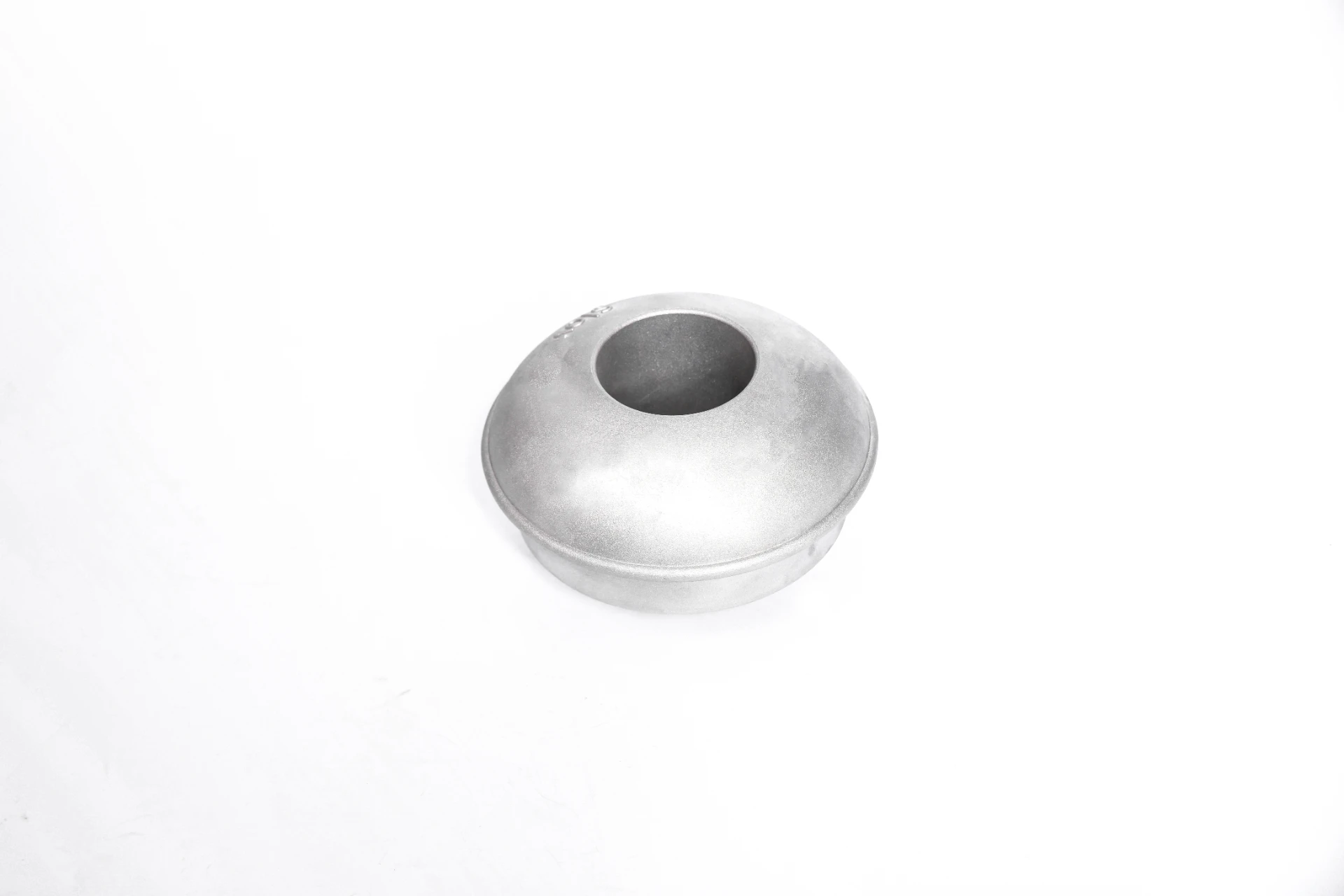Mobile:+86-311-808-126-83
Email:info@ydcastings.com
overhung impeller
Understanding Overhung Impellers A Comprehensive Overview
In the world of fluid dynamics and mechanical engineering, the term overhung impeller is often encountered, especially in applications involving pumps and turbines. An overhung impeller refers to a type of impeller design where the main body of the impeller extends over the shaft support. This design has its unique characteristics and advantages, making it a preferred choice in many industrial situations. In this article, we will delve into what overhung impellers are, their design principles, applications, advantages, and some considerations for their use in various systems.
Design Features of Overhung Impellers
Overhung impellers are typically distinguished by their distinctive geometry. Unlike standard vertical or horizontally mounted impellers, the overhung design means that the impeller is situated at the end of the rotor shaft and hangs over the casing. This structure prevents the impeller from being centrally supported, which is a hallmark of other impeller types, such as double-suction impellers.
The critical aspect of overhung impeller design is that it enables a more compact system. By allowing the impeller to overhang the casing, designers can create shorter and lighter pump designs while still achieving effective fluid dynamics. This design advantage can significantly save space and reduce the overall weight of pumping systems.
Applications of Overhung Impellers
Overhung impellers are commonly found in various applications due to their efficient design. They are predominantly utilized in
1. Centrifugal Pumps This is perhaps the most common application. In centrifugal pumps, overhung impellers help in moving liquids efficiently, particularly in systems where space constraints are a concern.
2. Hydraulic Systems These systems benefit from the design's capability to handle variable flow rates and pressures, making overhung impellers suitable for industrial applications such as material handling and wastewater treatment.
Advantages of Overhung Impellers
The use of overhung impellers offers several advantages, including
overhung impeller

1. Compact Design As mentioned earlier, their compactness allows for a smaller footprint in installations, saving valuable space in industrial settings.
2. Lightweight Structure Reduced material requirements lead to lighter pumps, which can be advantageous in certain installations where heavy machinery is impractical.
3. Cost-Effectiveness Because of their simpler construction and reduced material use, overhung impellers can often be more cost-effective than other designs.
4. Ease of Maintenance The design provides straightforward accessibility to the impeller during maintenance, facilitating faster service and reduced downtime.
Considerations for Use
While overhung impellers present numerous benefits, there are considerations that engineers and designers must keep in mind
1. Vibration Issues Because the impeller is not centrally supported, there can be a higher risk of vibration during operation. Engineers must account for this when designing the mounting and support systems.
2. Load Distribution The load on the shaft can be uneven due to the overhung position of the impeller, making it essential to choose the correct shaft and bearing designs to ensure longevity and performance.
3. Performance Limitations In some cases, overhung impellers may have limitations in their performance compared to more complex impeller designs, particularly in higher flow applications.
Conclusion
Overhung impellers represent a vital component in modern fluid systems, providing effective solutions for a variety of applications. Their compact design, lightweight structure, and cost-effectiveness make them popular in numerous industries, from water treatment to HVAC systems. However, it is crucial for engineers to consider their limitations regarding vibration and load distribution when designing systems that incorporate overhung impellers. By carefully evaluating these factors, designers can leverage the advantages of overhung impellers to create efficient and reliable fluid handling systems.
-
Why Should You Invest in Superior Pump Castings for Your Equipment?NewsJun.09,2025
-
Unlock Performance Potential with Stainless Impellers and Aluminum End CapsNewsJun.09,2025
-
Revolutionize Your Machinery with Superior Cast Iron and Aluminum ComponentsNewsJun.09,2025
-
Revolutionize Fluid Dynamics with Premium Pump ComponentsNewsJun.09,2025
-
Optimizing Industrial Systems with Essential Valve ComponentsNewsJun.09,2025
-
Elevate Grid Efficiency with High-Precision Power CastingsNewsJun.09,2025











